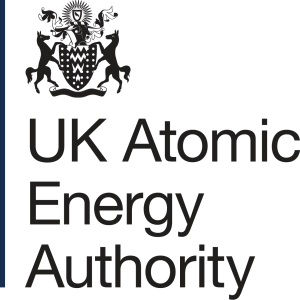Chartered Trade Mark Attorneys play a central role in the selection of new trade marks and are responsible for advising on and achieving appropriate registrations for their clients.
Chartered Trade Mark Attorneys advise clients on a wide range of trade mark related issues and therefore need to have a thorough grounding in trade mark law and practice. A working knowledge of related issues such as copyright, industrial designs, passing off, common law and unfair competition is also important.
An attorney’s job is by no means completed once trade mark registration is obtained. It is part of the job to advise on the correct way to use trade marks in advertising and product literature, as well as to maintain registrations in force by dealing with renewal procedures.
Chartered Trade Mark Attorneys also advise on portfolio management in the light of the client’s current needs, including expansion of protection, transfers of ownership, licenses, and other developments affecting the client’s trade marks.
Advising on infringement is another important role, whether it is the client who is accused of infringing another’s rights, or the client’s rights which are being infringed. Potential conflicts are frequently resolved by means of letters of consent, co-existence agreements, undertakings as to future activities, and other compromise solutions. Chartered Trade Mark Attorneys are expected to provide constructive and commercially sensible advice and help in this area – litigation is a last resort.
As a Chartered Trade Mark Attorney you must be able to communicate effectively, both on paper and in person, with your clients and their other advisers, such as solicitors, barristers and advertising agents, as well as others acting for third parties, registry officials and foreign associates.
Where to begin
Most people begin their career by joining a firm of Chartered Trade Mark Attorneys, or a firm of patent agents with a department specialising in trade mark work. Chartered Trade Mark Attorneys are also employed by large companies which have enough trade mark interests to need an in-house department to deal with their own matters. Whichever is chosen, positions of responsibility as well as intellectual satisfaction, with remuneration at least equal to that of other leading professions, are open to the qualified attorney.
Under the current education system, the education and training of students to become qualified Chartered Trade Mark Attorneys will be carried out via two training courses, plus a practice period.







